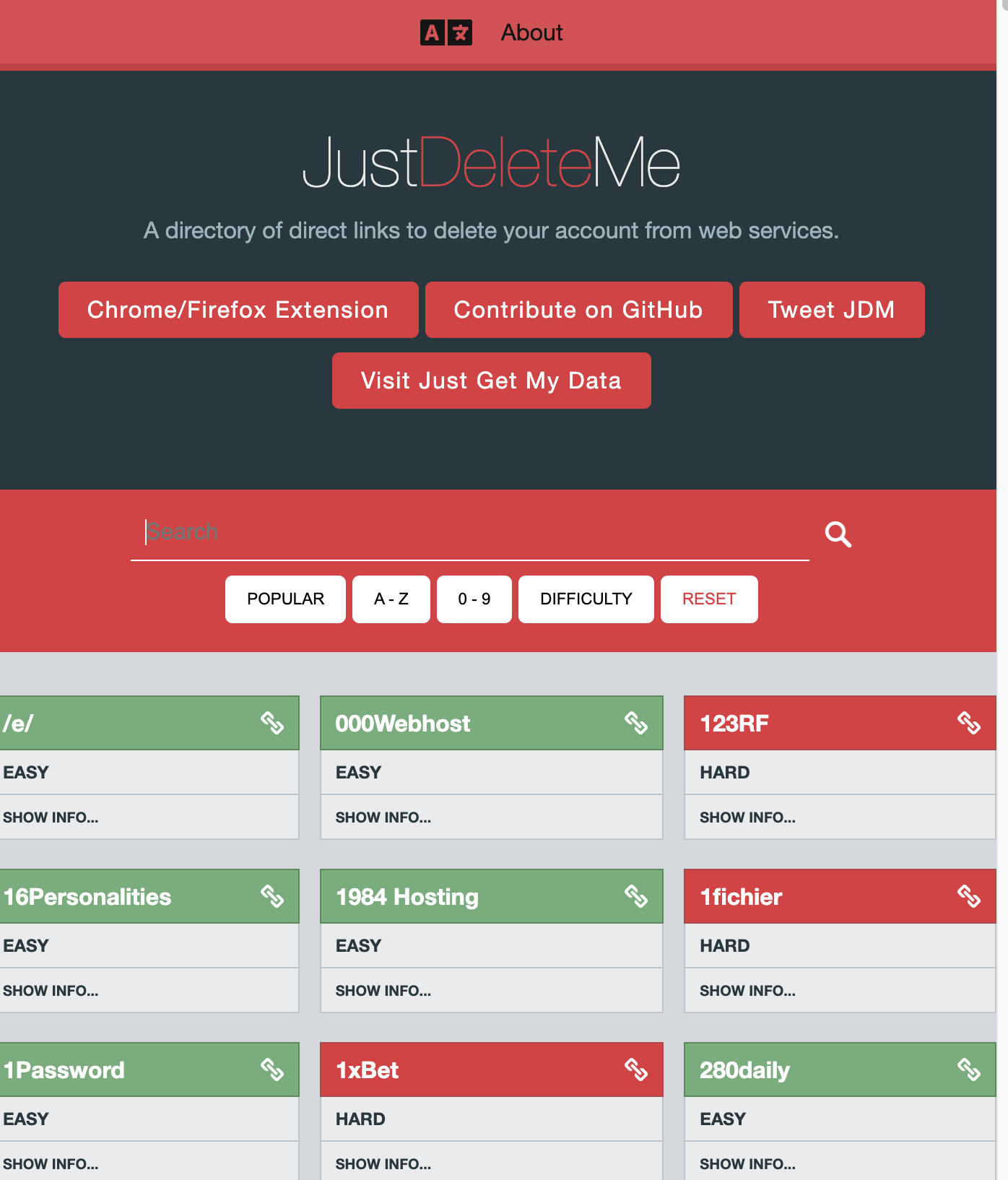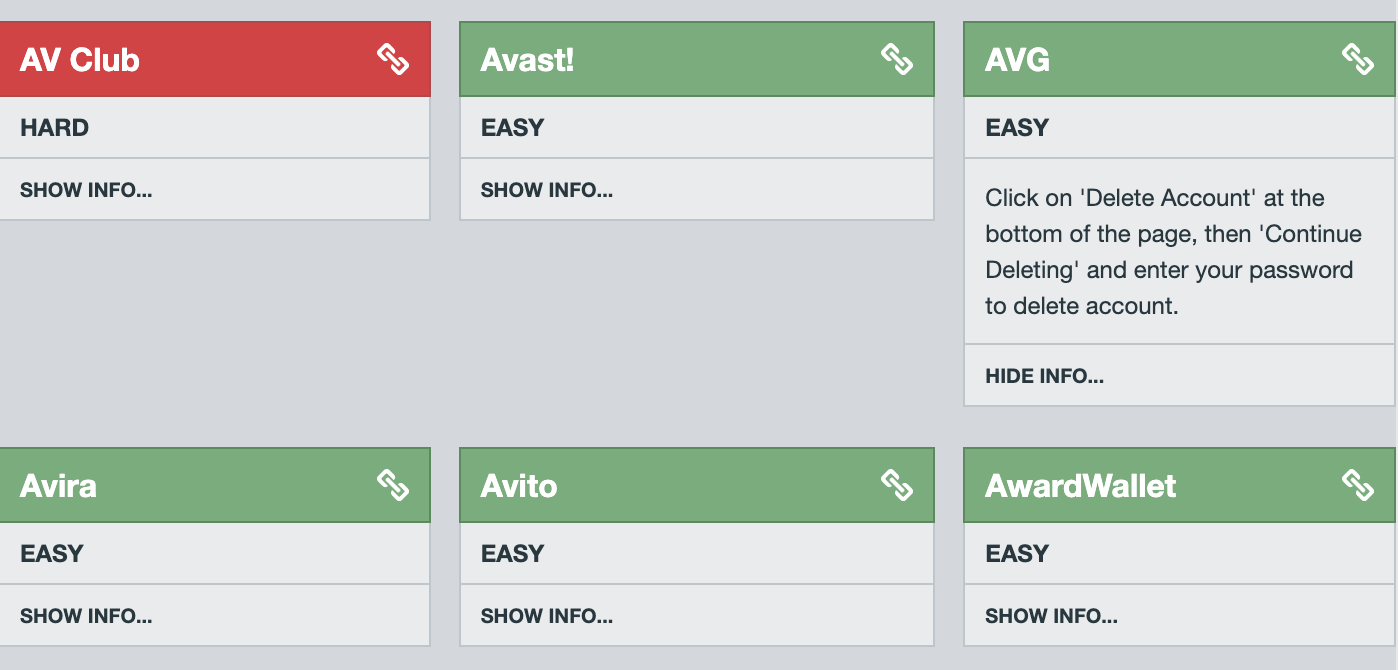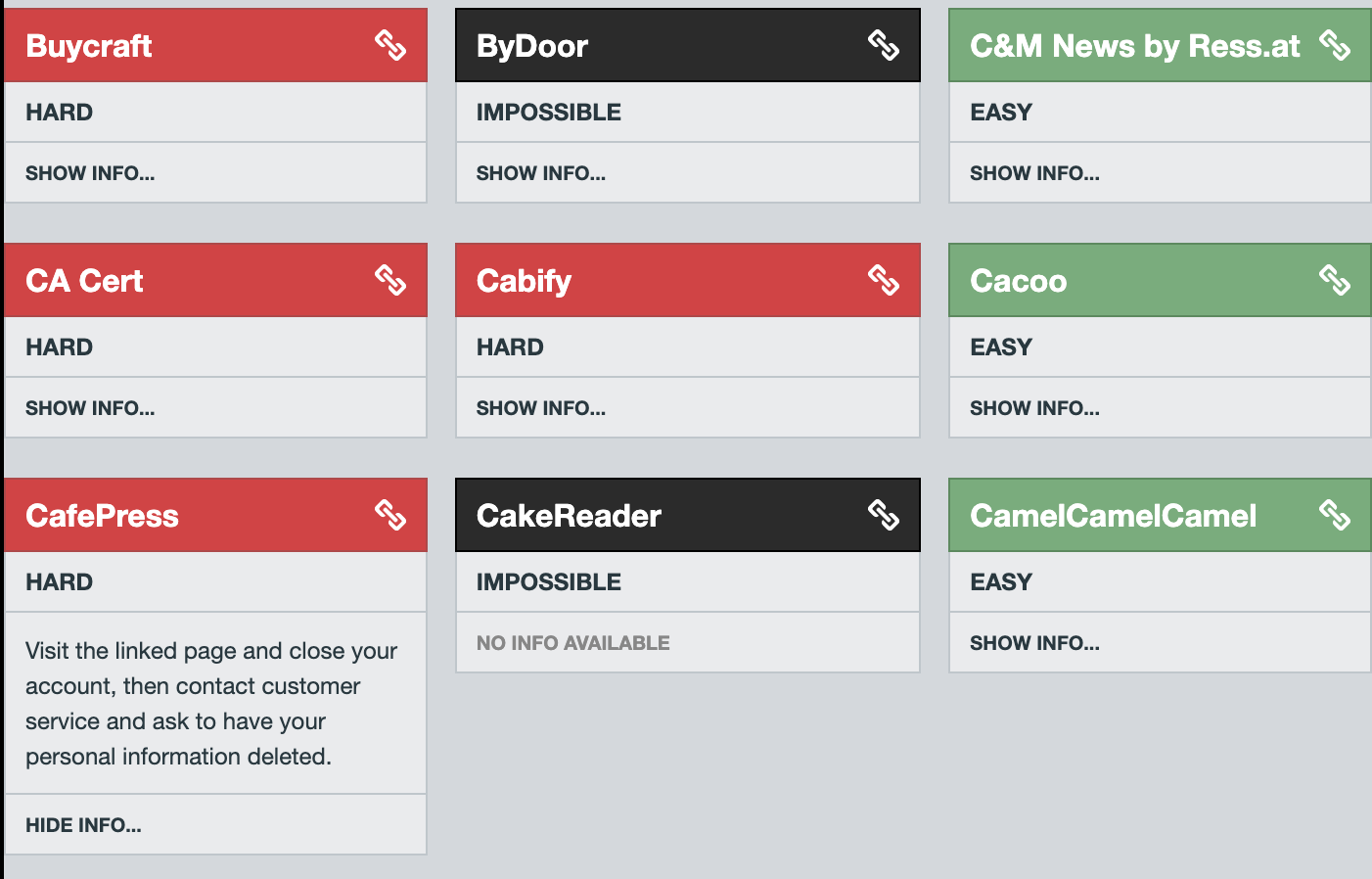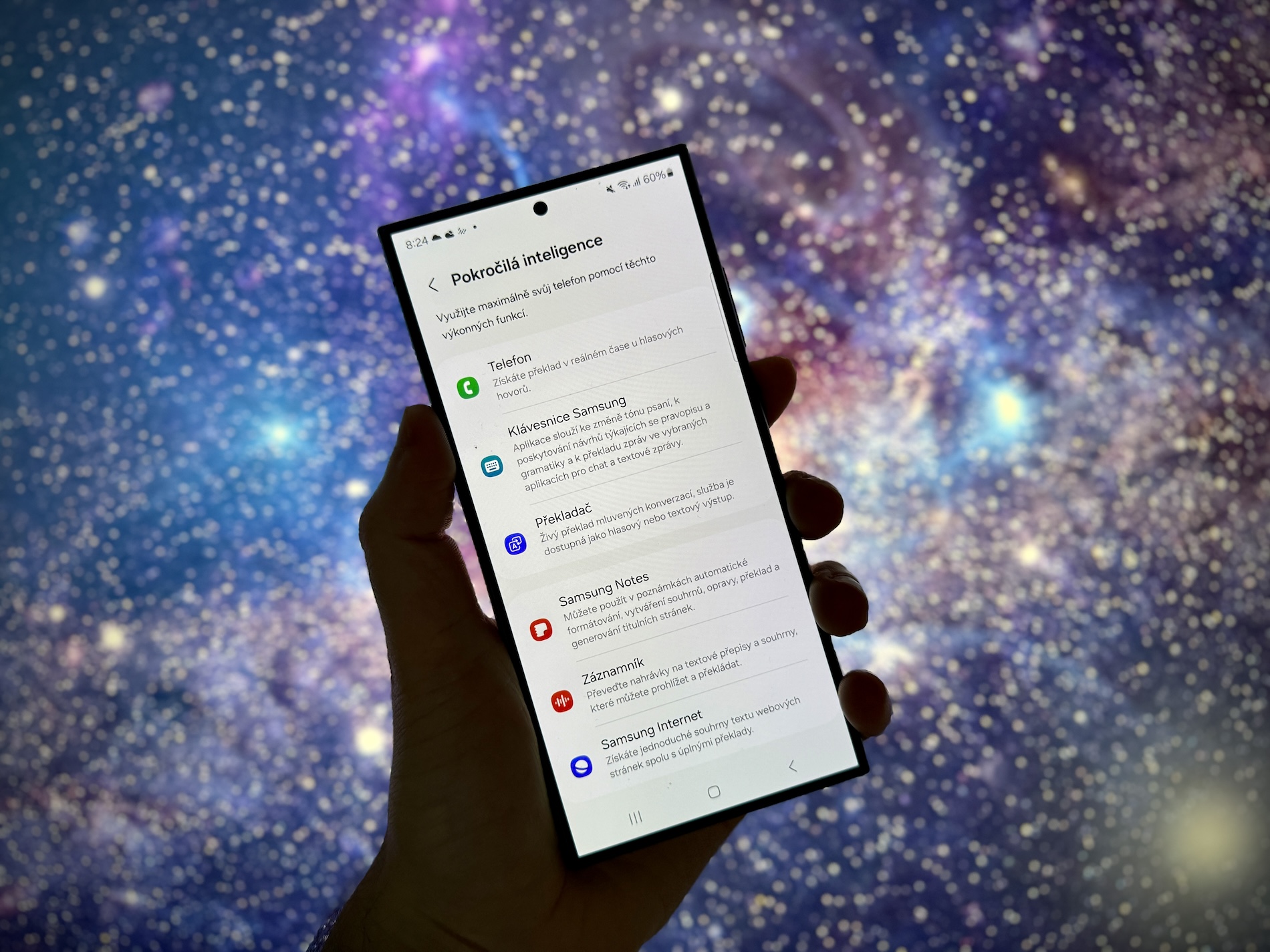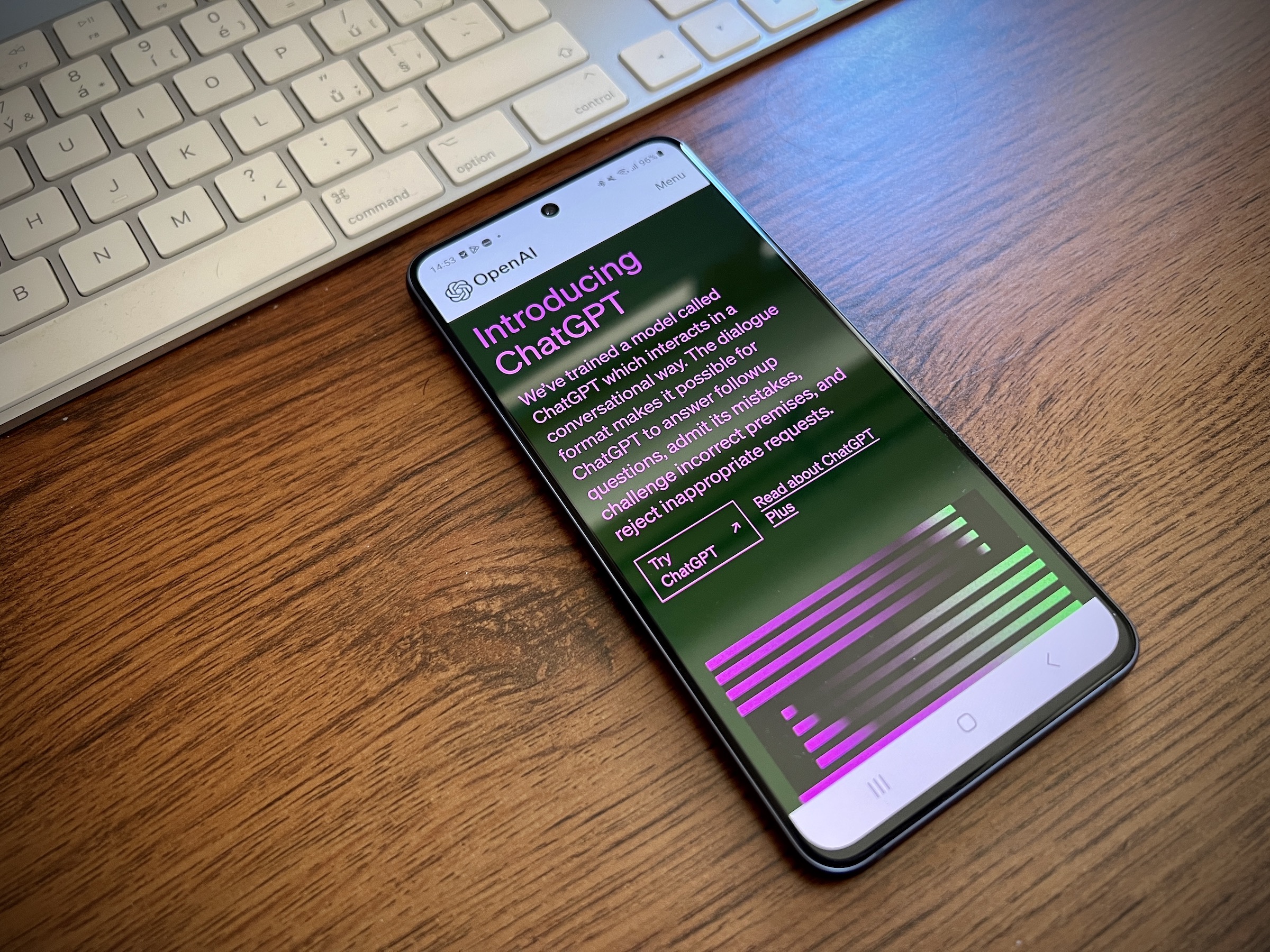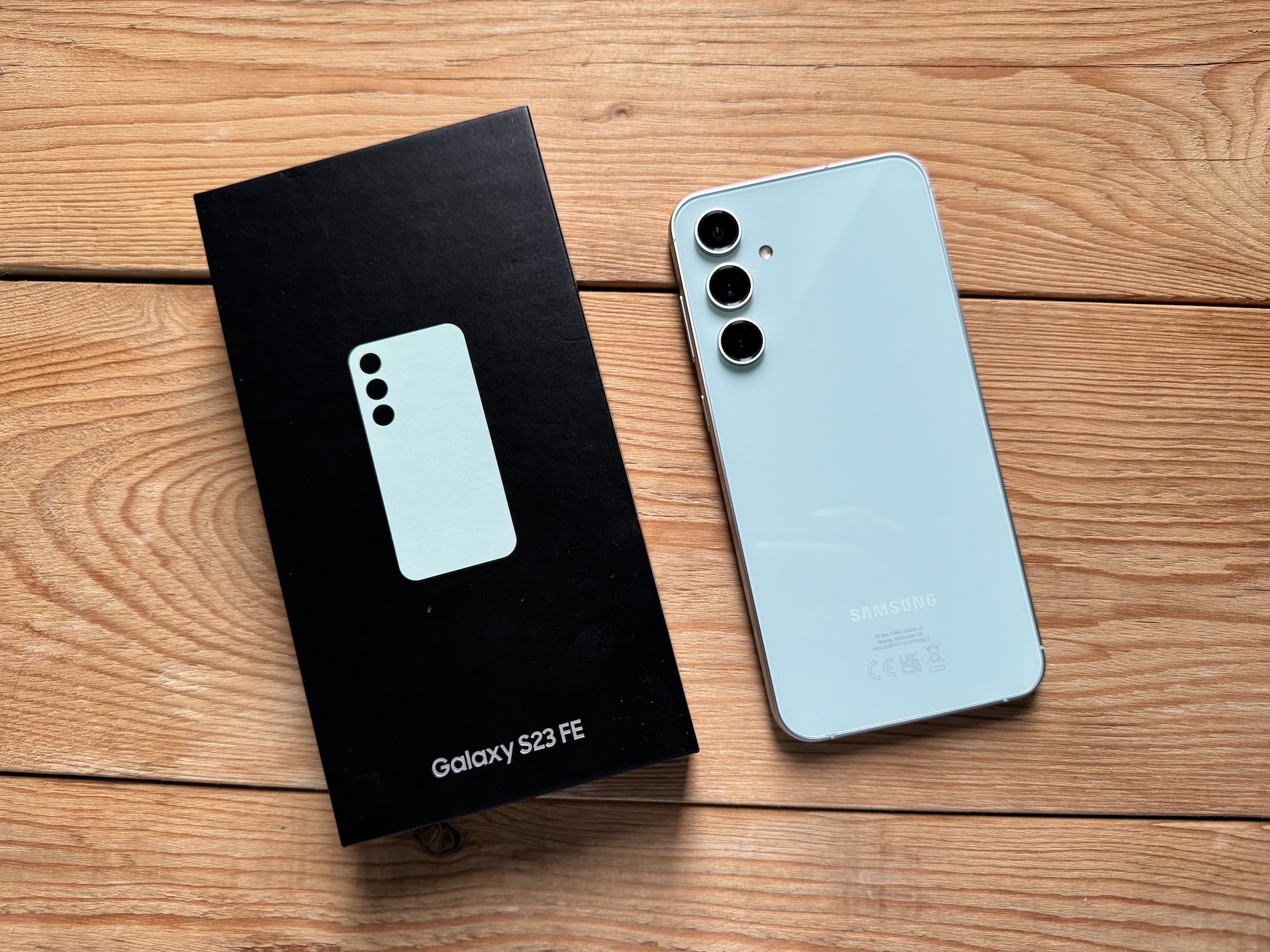Nowadays, in many cases it is practically impossible not to be on the Internet. We are online for our friends, family, employees, partners, customers… Some of us may have been online for so long that our internet footprint goes back to childhood or adolescence. Have you ever wondered how much data we leave behind on the internet, and whether it's even possible to delete it?
More and more people are dissatisfied with the fact that various companies collect valuable, even if at first glance, meaningless data about them, which they then sell to marketers. Removing yourself from the internet is not easy. In fact, it's not possible to completely erase yourself from the site without completely stopping using it. This is because you have an existing digital footprint. Many companies, such as data brokers, make money from collecting and sharing this data. But there are a few things you can do to remove yourself from the internet — or at least get as close as possible. Below we outline some of the steps you need to take to tackle this daunting task.
You could be interested in
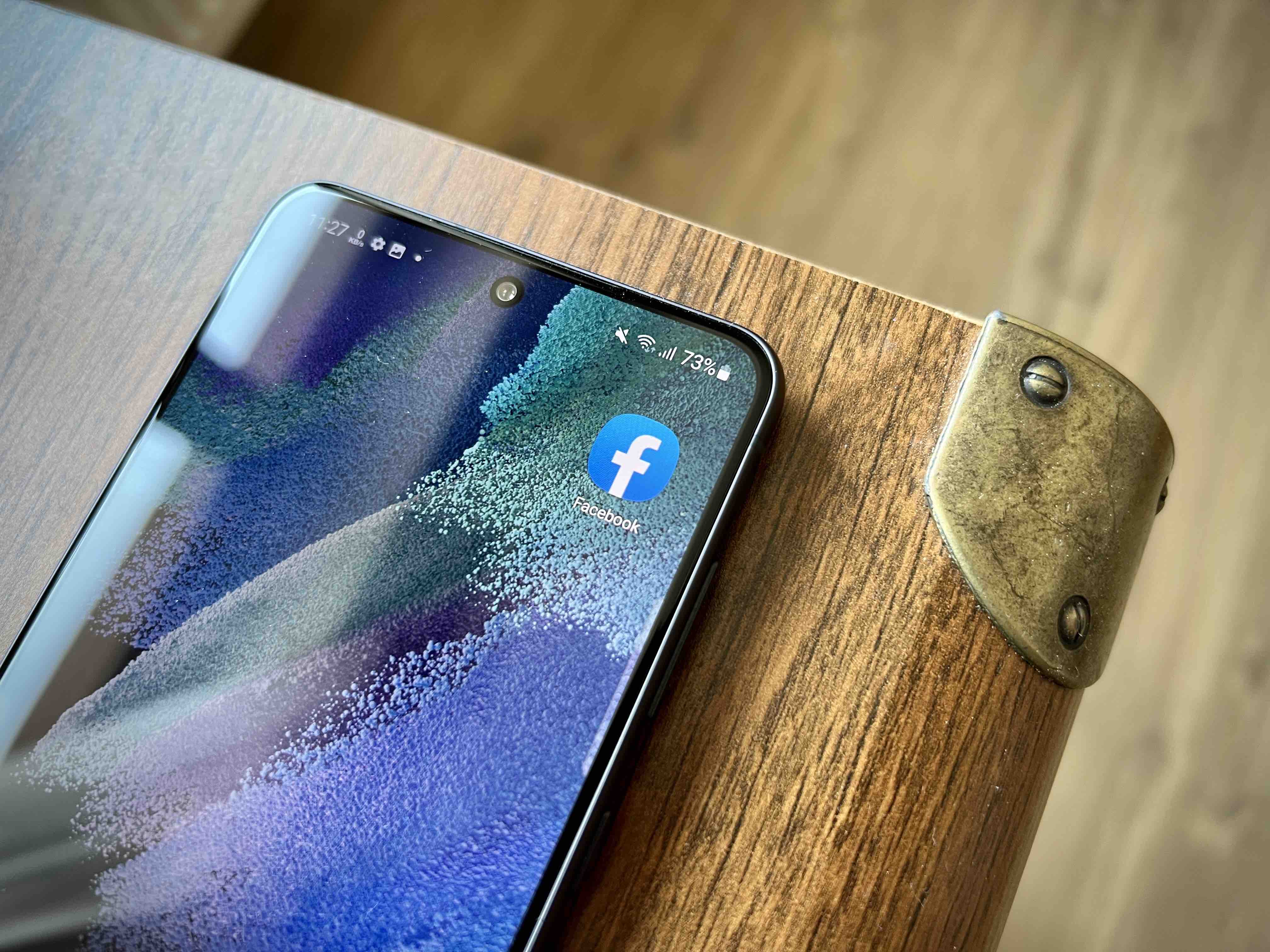
How to remove yourself from the Internet
There are several ways to at least minimize the amount of data we provide about ourselves to various entities on the Internet. Which ones are they?
Opting out of data collection: Any personal information you remove from the Internet will likely still be circulating on the Web as personal records. This is because data brokers and matchmaking sites scour the internet and collect your data to sell to third parties such as merchants, insurance companies or even just curious individuals.
With a quick Google search, you'll likely find several people finder sites that sell or publicly release your personal information. Simply scroll through the results and unsubscribe from each one. However, there are likely to be many more data brokers who do not index their profiles. To find out which of them have your data, you will need to research which data processors operate in your area and send a data deletion request to each of them. Just remember to repeat this process every few months as data brokers refresh their databases frequently.
You could be interested in
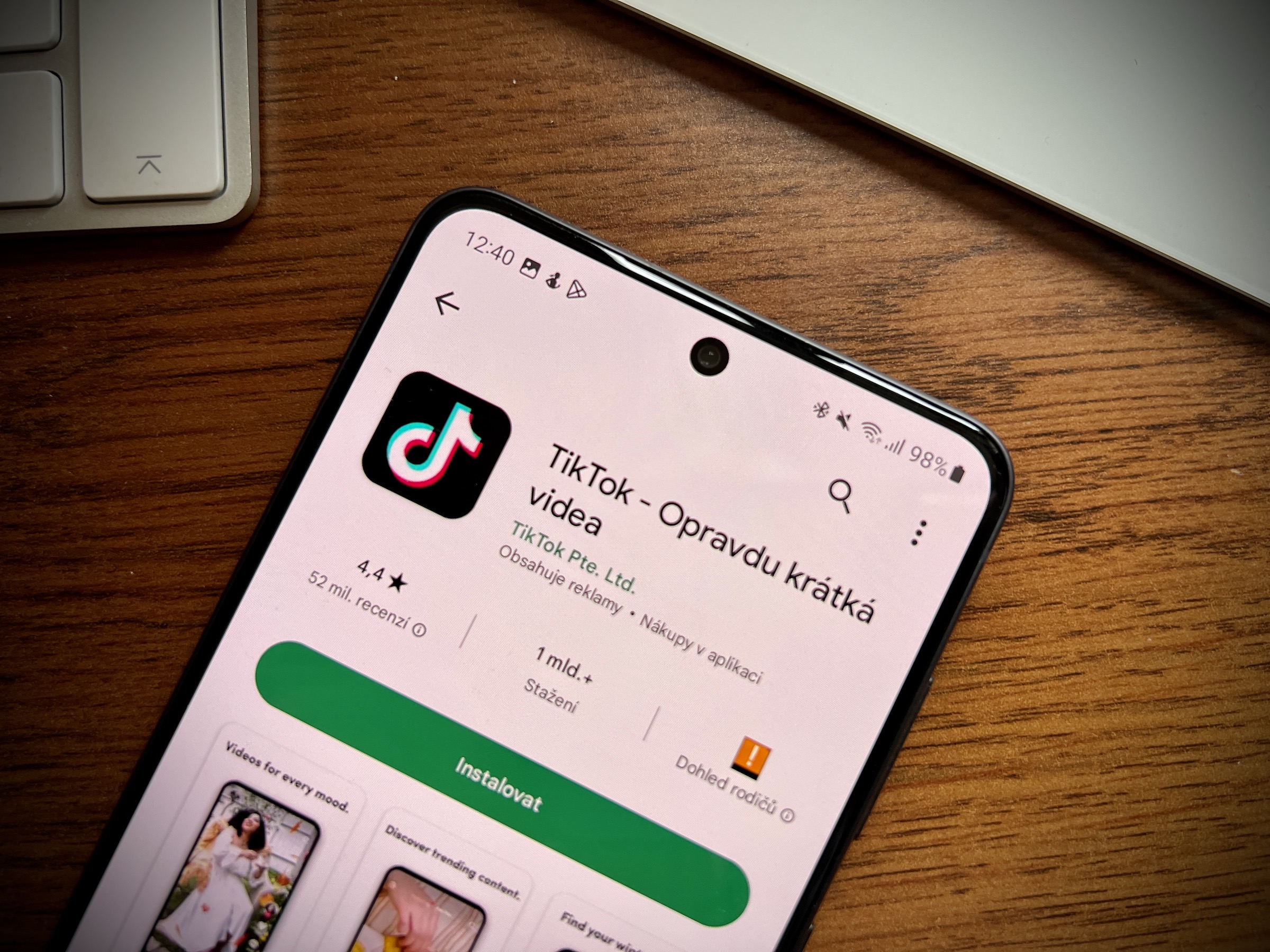
Using a VPN: An important part of removing data from the web is preventing it from getting there in the first place by browsing the web in private. However, using private browsing options such as incognito mode is not quite enough. Your browsing data along with other personal informacebecause they can still be revealed to me through your internet service provider. The best option is to use a reliable VPN service. When you connect to a VPN, your device (computer, smartphone, or tablet) creates an encrypted connection between your device and the VPN server. This connection acts as a secure path to protect your data from unauthorized access.
Deleting unused internet accounts: If you've been online for a long time, chances are you have a few forgotten online accounts gathering dust. Unfortunately, even if you don't use these accounts, they can still collect and share your personal information. Delete any old email accounts, social media profiles, e-commerce accounts or blogs that you don't use. However, you may not remember them all. If you search your email inbox for terms like "Welcome", "Register" and more, you might come up with quite a few. The website can help you with the procedure for deleting selected accounts JustDeleteMe.
Uninstalling unused applications: How many apps do you really need or even use on your devices? According to recent research, more than half of them are likely to share your personal information with third parties. Some of these apps may even share device permissions with advertisers. If possible, ask to delete your data first, then uninstall any apps you don't need.
You could be interested in
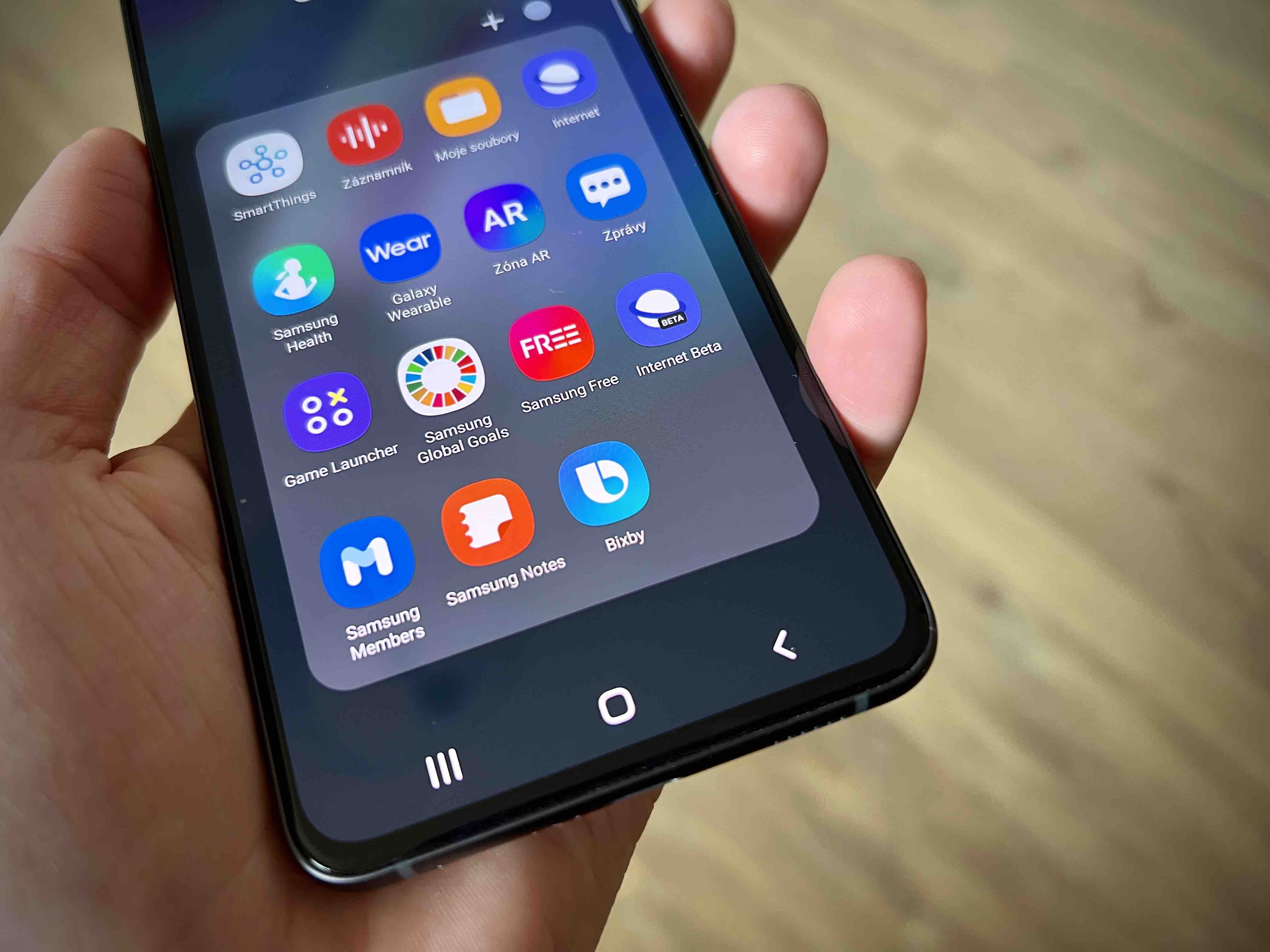
Delete data from Google: Google is a huge source of information – unfortunately including your personal data. Fortunately, you can delete saved data directly in Google settings, and you can even turn on the auto-delete feature to prevent more data from accumulating in the future.
